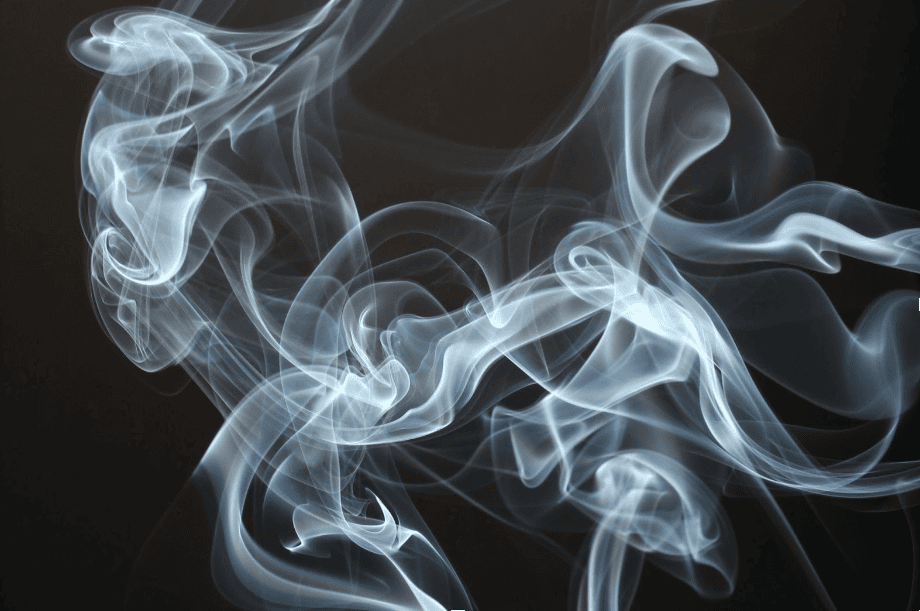Five Hot Takes on Common Fire Inspection Inquiries
If you’re around the younger crowd at all, it’s likely you’ve heard someone somewhere along the line refer to something as being “lit” or “fire” or even “🔥,” depending on the scenario. While all these metaphors were likely evoked in a positive context, they certainly don’t hold to the same rigor and routine as the type of fire we’re playing with today – which, by the way, is the incredibly necessary (yet at the same time, entirely humdrum) practice of condo fire safety inspections.
While it’s not too tough to imagine what somebody might be looking for when they come through to do a fire inspection (functioning equipment, no blocked exits, fire doors, etc.), it’s also worth taking some time to dive into the particulars. Condo buildings are home to a whole lot of different people, and they’re counting on their condo corporation and condo management company to keep these sorts of details and considerations under control and on the up-and-up – both to ensure everyone’s safety, of course, and to avoid any nasty fines or repercussions for failing these types of routine, critical inspections.
Want to learn more about whether your condo building can withstand the heated scrutiny of a hot-under-the-collar fire inspector? Read on for more.
Five Fire Inspections Questions, Answered
1. When Does a Fire Inspection Become Necessary?
First thing’s first: how do you know if your building actually needs a fire inspection? What conditions or specifications make a fire inspection actually necessary?
This is actually a fairly easy question to answer, because generally, if you live in a condo building, multi-family or multi-unit building, fire inspections are going to be a fact of life.
To elaborate on this point: it comes down to building equipment. Detached and semi-detached buildings typically do not have the fire suppression or emergency evacuation systems that require inspections and maintenance the way that multi-unit buildings do. Even short of sprinklers and the like, if a building has a fire panel, emergency lighting, or even elevators, it will without a doubt require a routinely-scheduled fire inspection.
2. How Often are Fire Inspections Required?
Most fire inspections – specifically, those required by code or law – are done at a minimum once per year. Some others – such as those for fixed systems, for example – can be required more regularly, such as biannually or even quarterly. If you’re not sure which inspection regimen your system falls under, you can find out by contacting us here at Catalyst or by way of the code itself – which conveniently brings us to our next question…
3. Where Can I Learn About These Rules and Regulations?
Alberta’s fire code and associated laws and legislation can be found on the Government of Alberta’s website right here. The Municipal Affairs branch of the provincial Government, together with Alberta’s Safety Code Council, works jointly to develop the National Fire Code (Alberta Edition), which is then issued and shared out through missives known as STANDATAs. Some are issued under the authority of the code or the Safety Codes Act as provincewide variances or interpretations, while others are information bulletins that provide general advice on related matters.
STANDATAs are issued under the year the National Fire Code (Alberta Edition) is in effect. Once a new code comes into effect, all existing STANDATAs are deemed obsolete. However, they are still valid for evaluating code compliance of existing structures by fire services, insurance companies, and authorities having jurisdiction.
4. What Happens If Your Fire Inspection Uncovers Issues?
Buildings can’t really fail fire inspections – but inspections can end up uncovering issues and deficiencies that your condo board will then need to work to address. These issues are typically categorized as either suggested fixes or mandatory changes. While condo corporations can ignore or action those best-practice style fixes at their discretion, condo communities can end up facing significant fines if the municipal fire department determines those mandatory regulations continue to go unheeded. Typically, simply submitting invoices or payment records that demonstrate those changes have been made will satisfy most inspection requirements, but sometimes (depending on the severity of the deficiency), additional site visits may be required to ensure the issue has been resolved satisfactorily.
It’s worth noting, too, that the Alberta Government’s focus on fire safety (and resources for this endeavor) has increased in recent years, meaning some buildings are getting significantly more scrutiny than in the past. All this is to say: take those fire codes seriously, because chances are, your fire inspector most certainly will!
5. What are My Rights and Responsibilities as an Owner?
When it comes to fire inspections in Alberta, you’re guaranteed the same privacy under the Alberta Condo Act’s overarching provisions on the matter, meaning that so long as you receive written notice 24 hours in advance of the inspection, the condo corporation has a right to allow access to an inspector for the purposes of fire code inspection.
It’s worth mentioning here as well that when it comes to fire inspections, that responsibility falls squarely on the shoulders of condo owners and the condo corporation itself – including both scheduling regular fire inspections and ensuring the building is up to code itself. It’s true what Smokey the Bear says: “Only your condo board can prevent condo fires!”
…that is what he always said, isn’t it? 🤔
Still have questions about fire inspections in Alberta? Wondering how you can make sure your condo building is up to code? Reach out to us at Catalyst Condo Management Ltd today – we’ll do what we can to help get you pointed in the right direction!

